The teas with good sobering effects mainly include Ge Hua tea, chrysanthemum tea, Pu erh tea, honey grapefruit tea, green tea, etc. These tea drinks help sober up by promoting metabolism, protecting the liver, or relieving discomfort, but they should be consumed in moderation and cannot replace medical treatment.
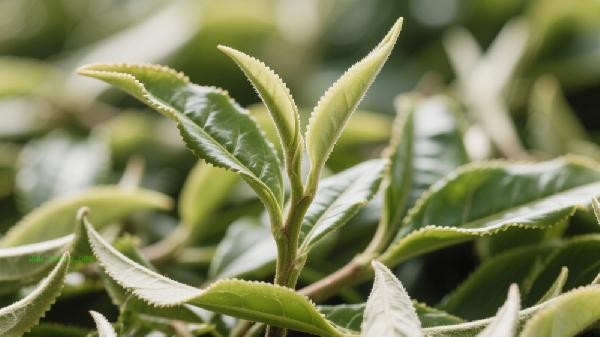
1. Ge Hua Tea
Ge Hua is a traditional sobering tea drink, and the saponin components in Ge Hua can accelerate alcohol decomposition and reduce liver burden. Drinking alcohol can alleviate discomfort such as headaches and nausea, and has a certain protective effect on gastrointestinal mucosal damage caused by alcohol. It is recommended to brew dried kudzu flowers in boiling water, and warm drinking is more effective.
2. Chrysanthemum tea
Chrysanthemum tea has the effect of clearing heat and detoxifying, and the flavonoids contained in it can promote alcohol metabolism. Its cooling properties can alleviate symptoms such as dry mouth and tongue, dizziness, and vertigo after drinking alcohol, and are particularly suitable for the discomfort caused by liver yang hyperactivity after drinking. Brewing with a small amount of goji berries can enhance liver protection and improve taste.
III. Pu erh Tea
The tea polyphenols and microbial fermentation products in Pu erh tea can activate liver sobering enzyme activity and accelerate acetaldehyde decomposition. Its moisturizing properties can neutralize the stimulation of alcohol on the gastrointestinal tract and alleviate the burning sensation in the stomach after drinking. It is recommended to choose ripe Pu'er tea and avoid drinking it on an empty stomach to avoid exacerbating stomach discomfort.
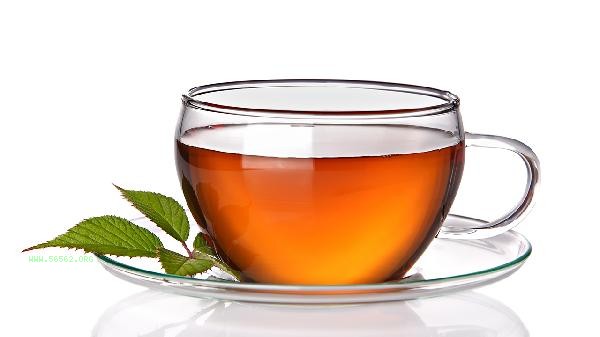
4. Honey Pomelo Tea
The fructose in honey can promote alcohol metabolism, and the vitamin C and organic acids rich in grapefruit can enhance liver detoxification function. The combination of the two can not only improve the symptoms of bitter mouth after drinking, but also supplement electrolytes to prevent dehydration. When making homemade, it is recommended to keep the grapefruit peel to increase the content of citrus glycosides, and brew with warm water to avoid damaging the nutritional components.
Five, Green Tea
The catechins in green tea can inhibit the absorption rate of alcohol in the gastrointestinal tract and reduce the degree of drunkenness. Its diuretic effect helps accelerate alcohol excretion, but excessive consumption may increase the burden on the heart. It is recommended to choose light tea for warm drinking to avoid stimulating the gastric mucosa with strong tea. A small amount of mint leaves can be added to enhance the coolness.
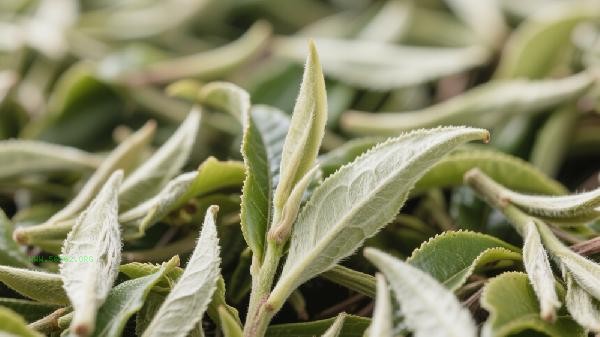
Drinking sobering tea should be done in moderation after drinking, and those who are severely intoxicated or have been drinking for a long time should seek medical attention promptly. Daily alcohol consumption should be controlled to avoid drinking on an empty stomach. Milk, Congee and other foods can be eaten before and after drinking to protect gastrointestinal mucosa. Long term drinkers are advised to regularly check their liver function and, if necessary, use liver protection medication under the guidance of a doctor. Alcohol relieving tea is only used as an auxiliary method and cannot replace alcohol treatment.



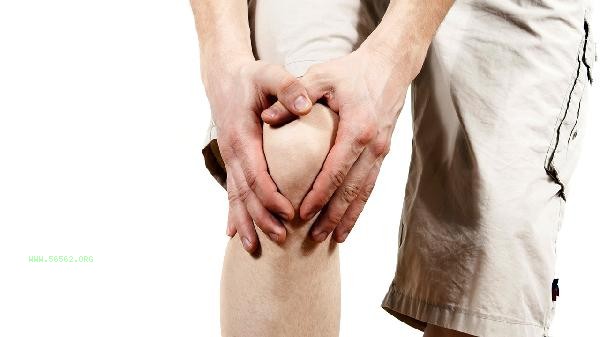
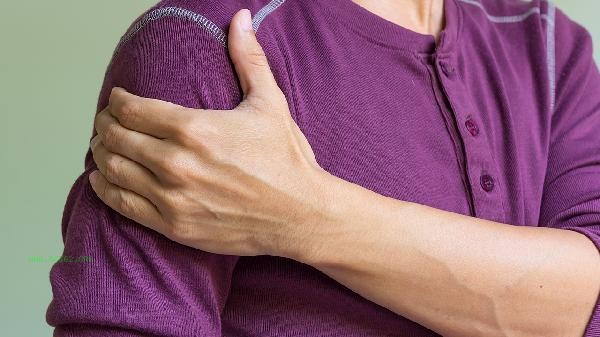
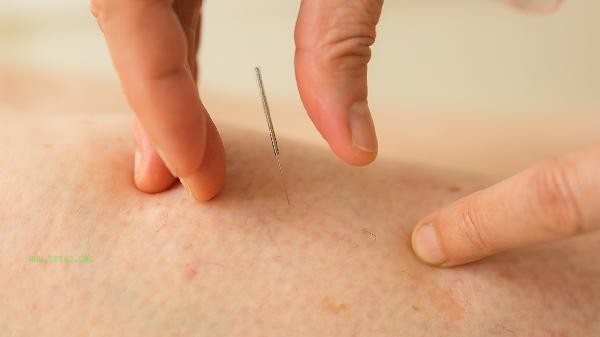


Comments (0)
Leave a Comment
No comments yet
Be the first to share your thoughts!